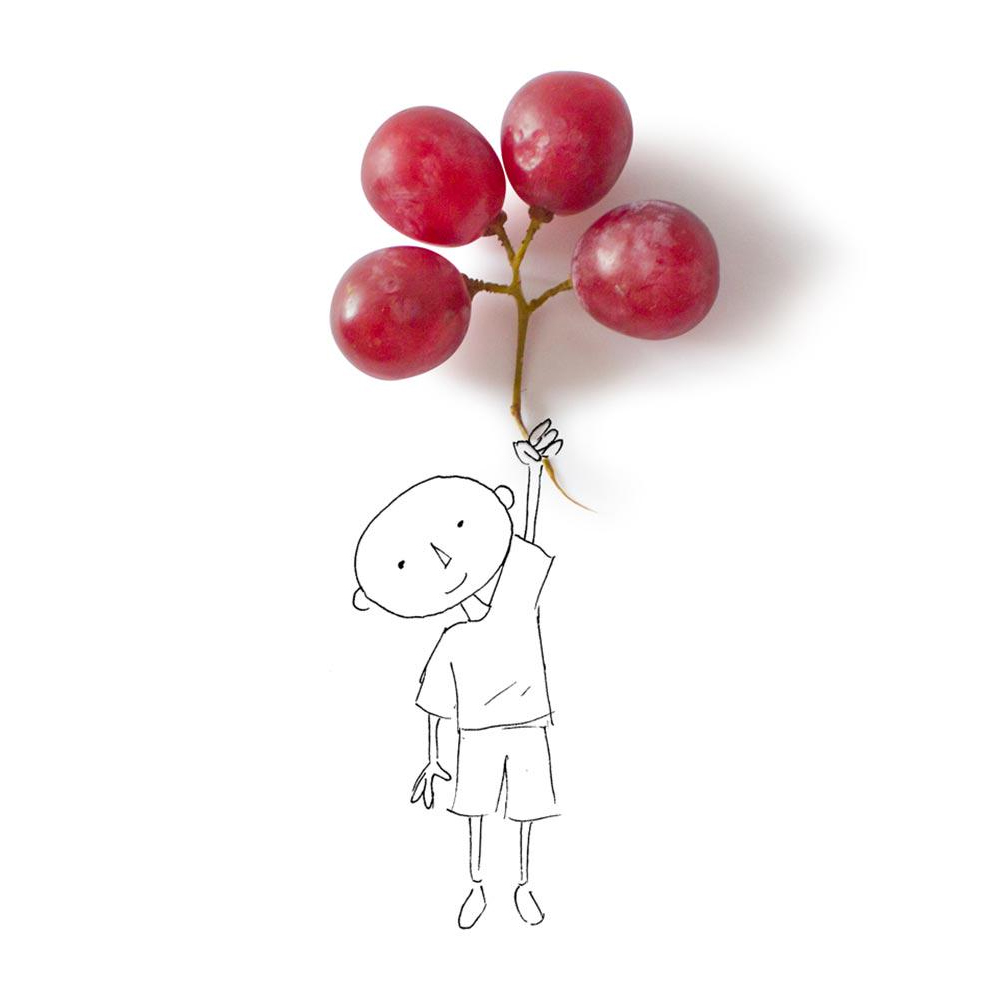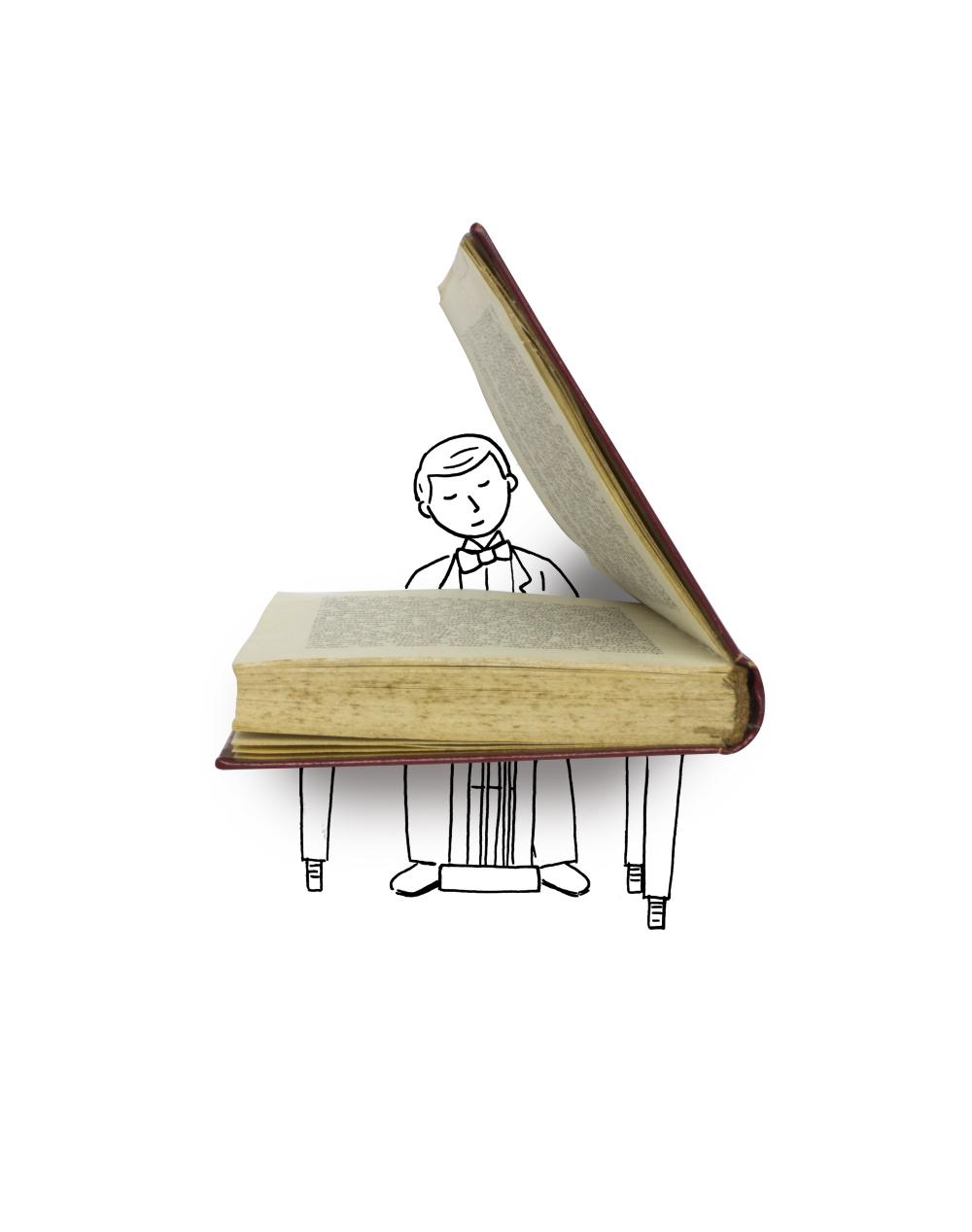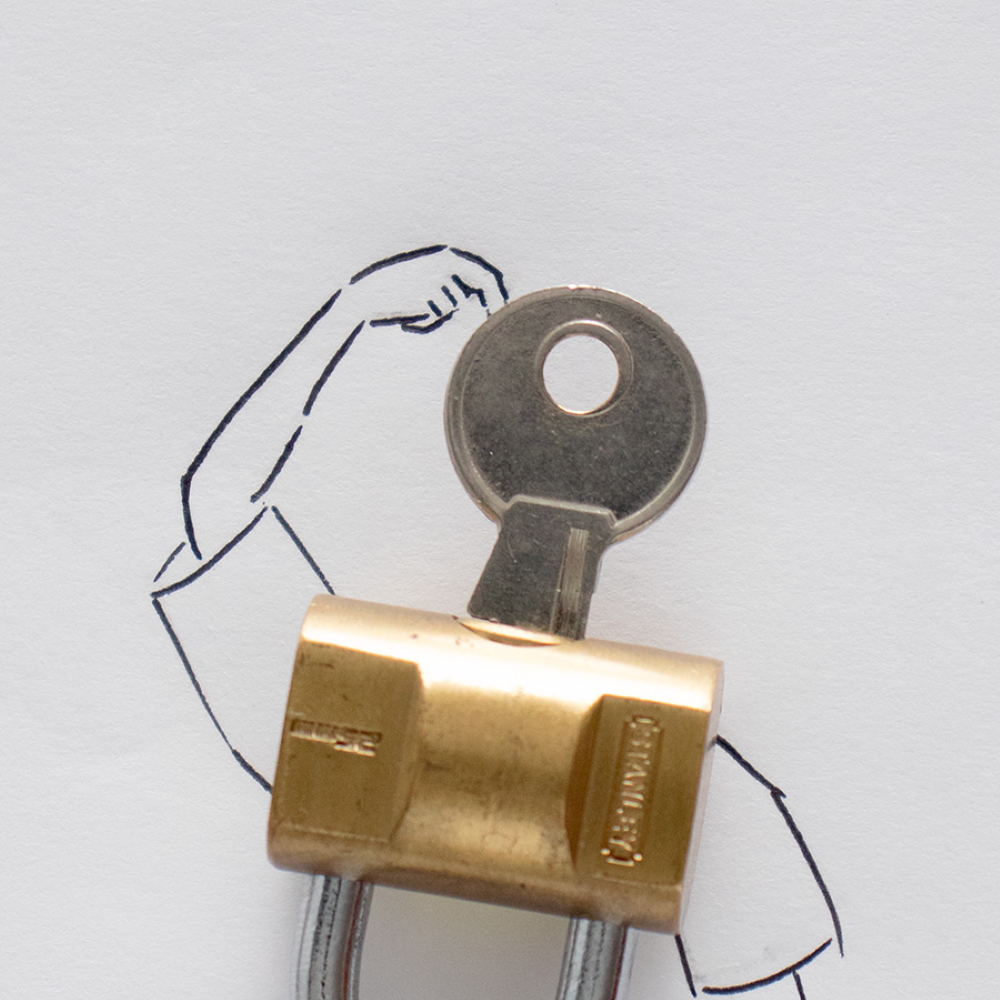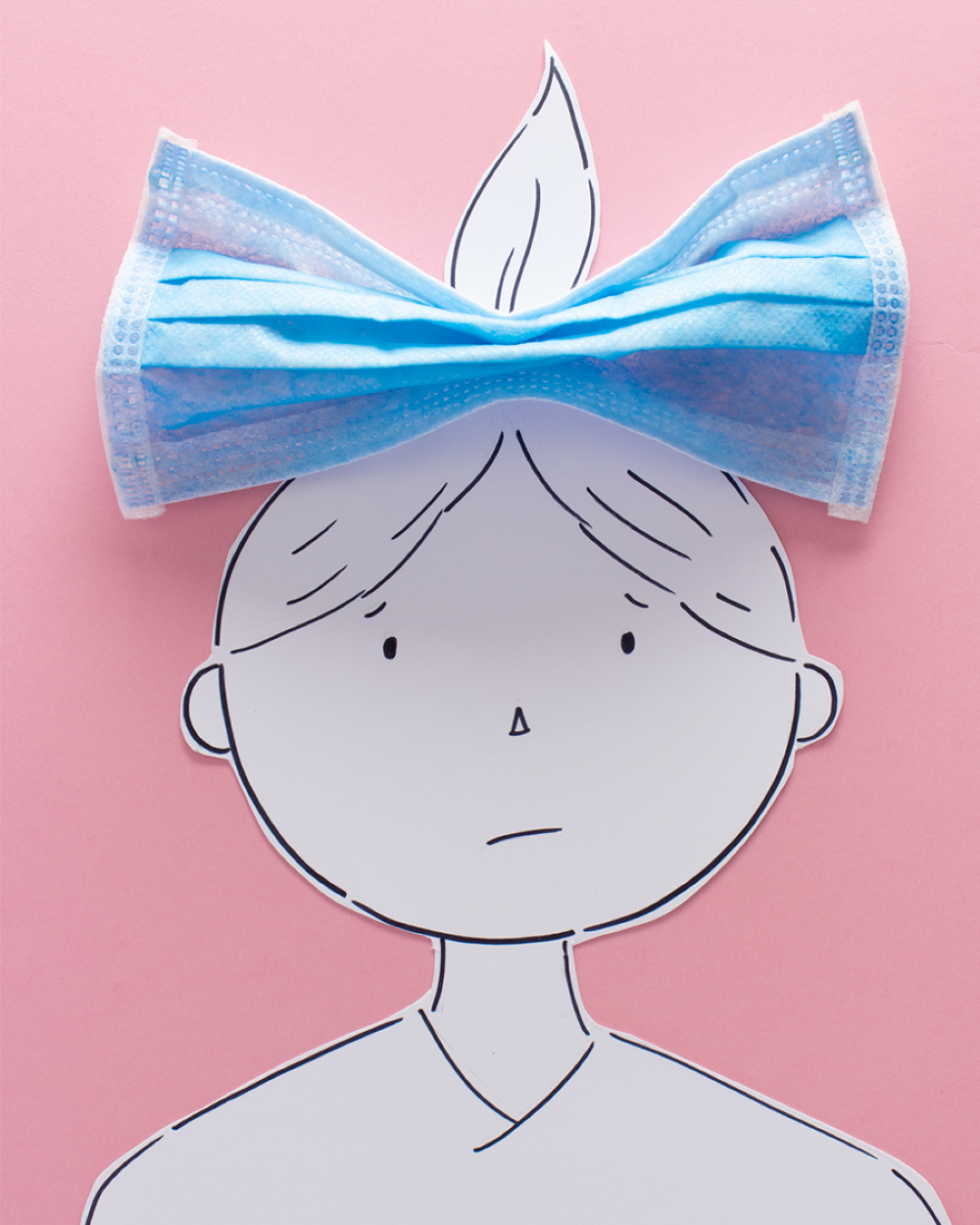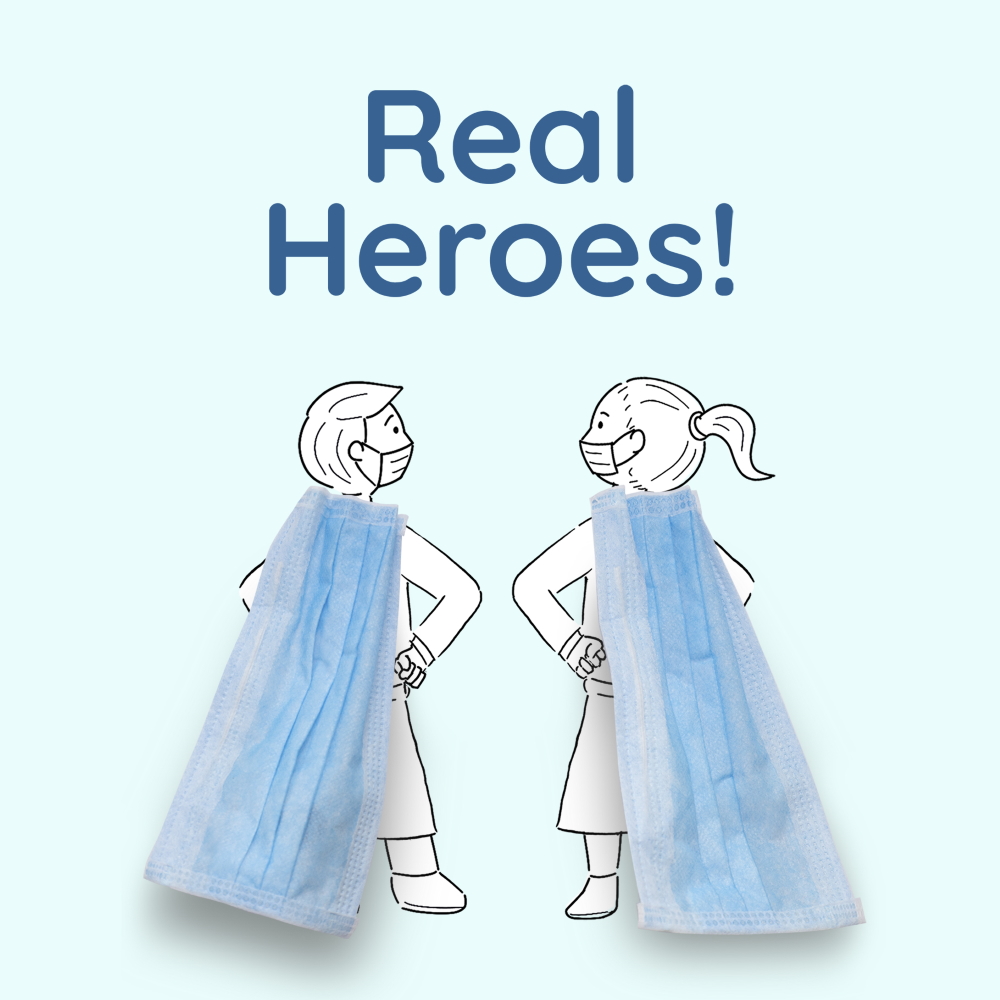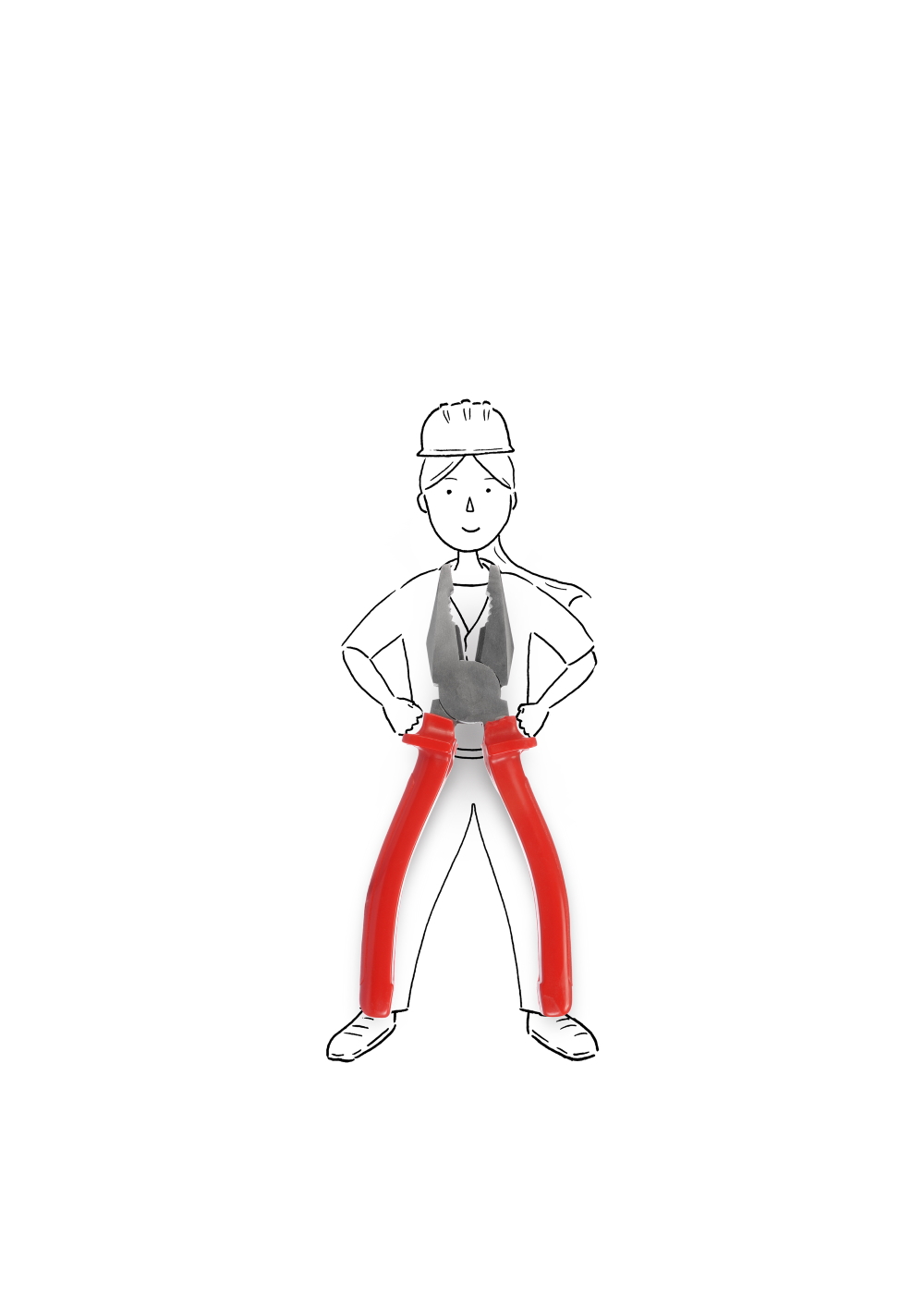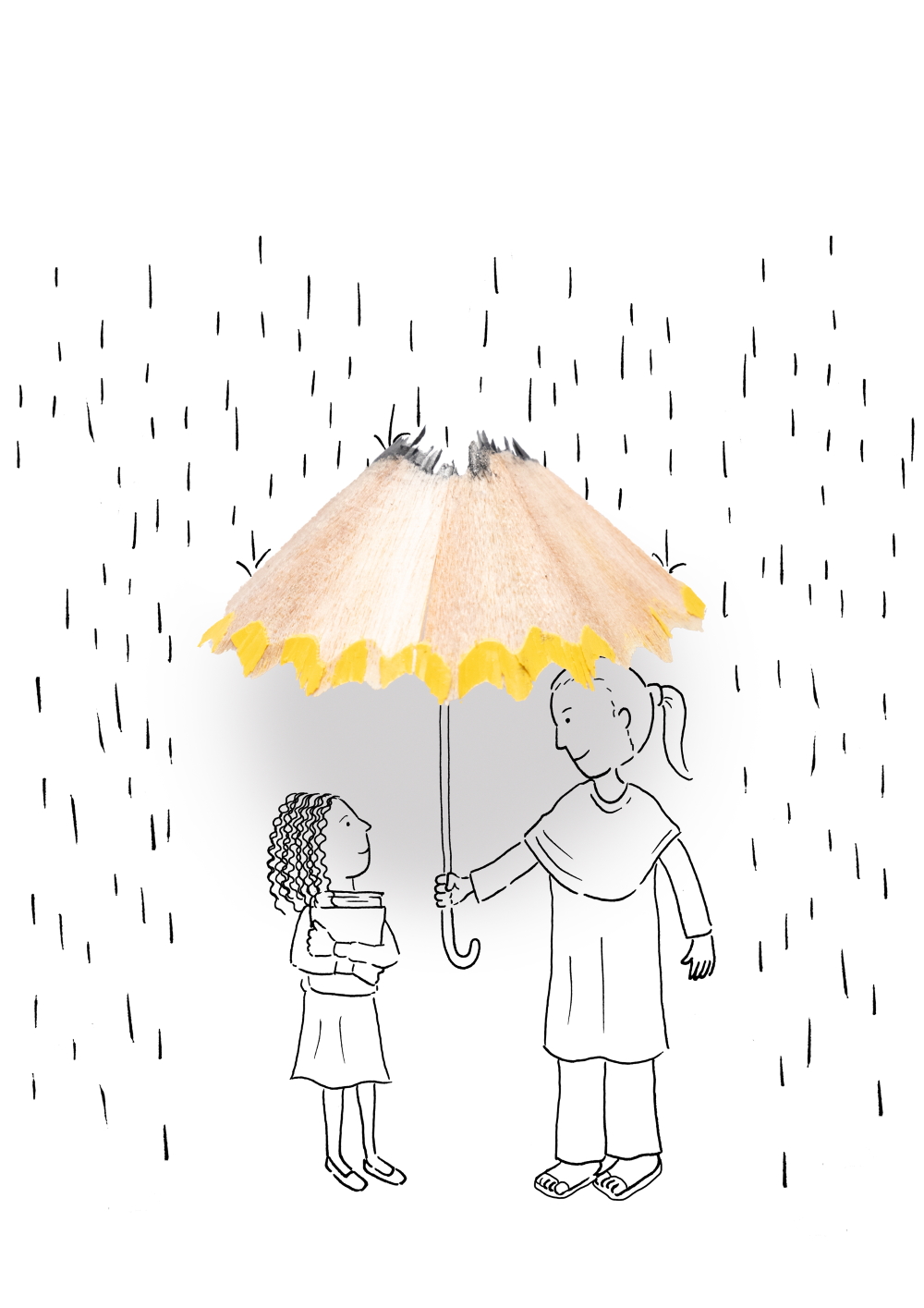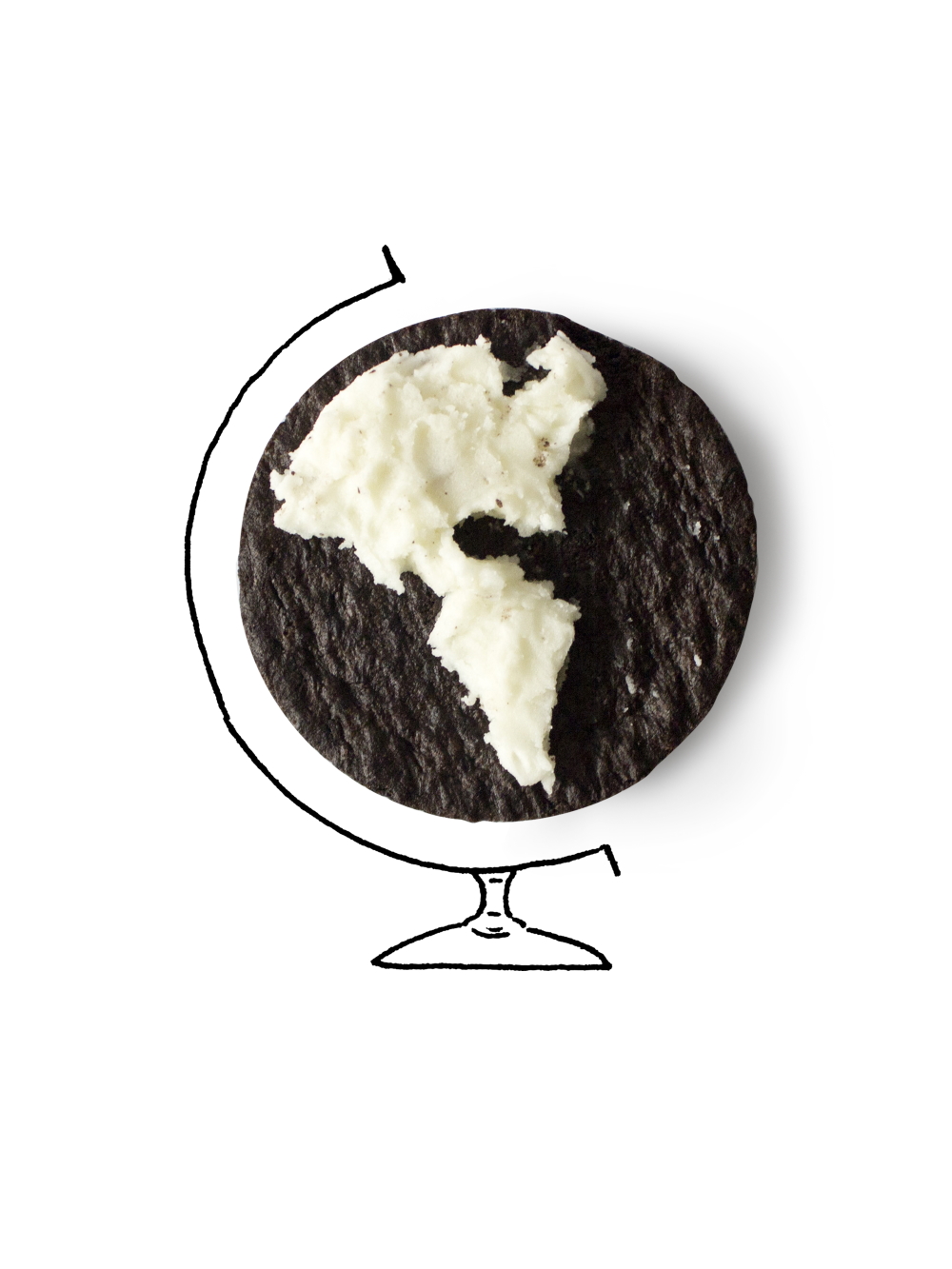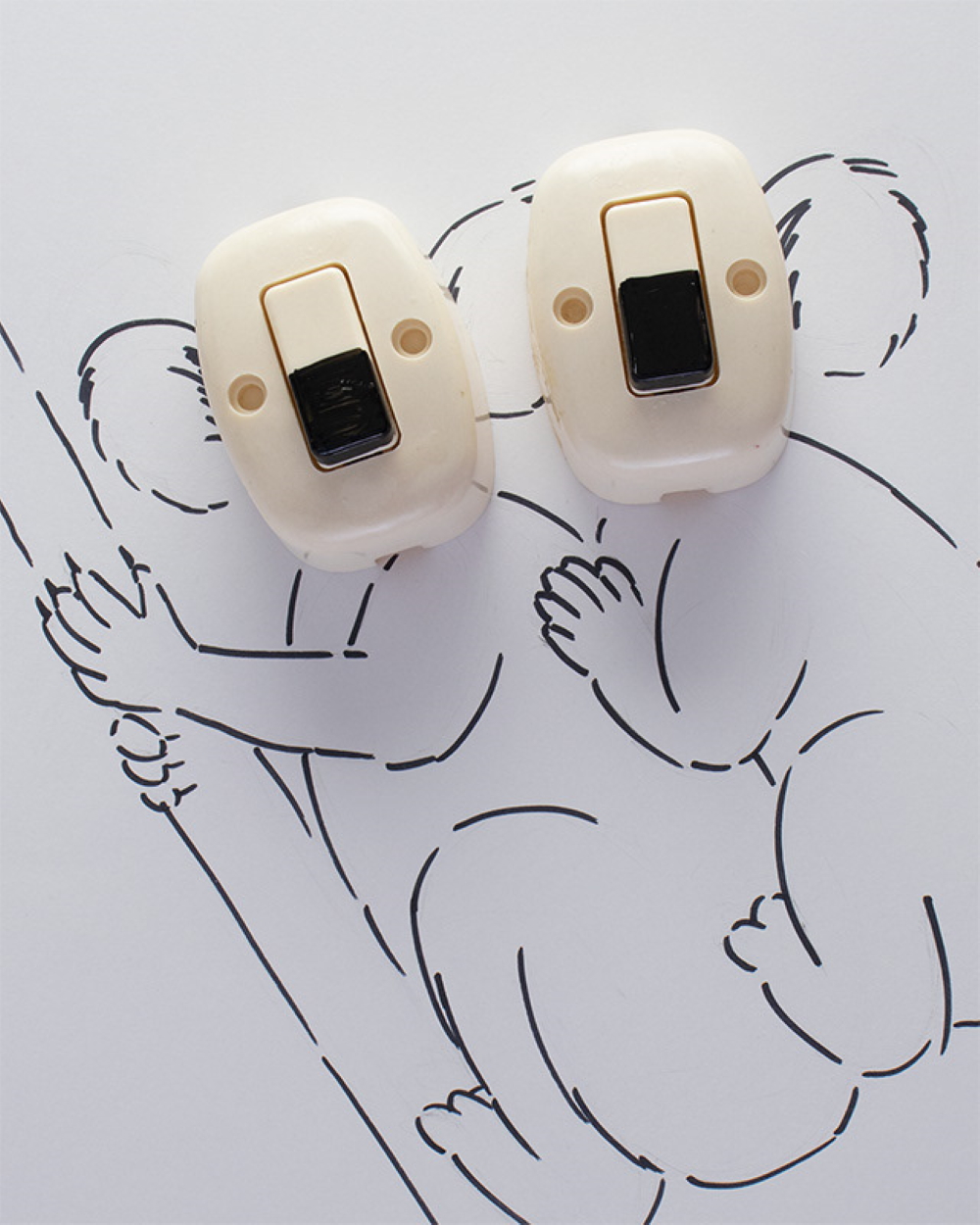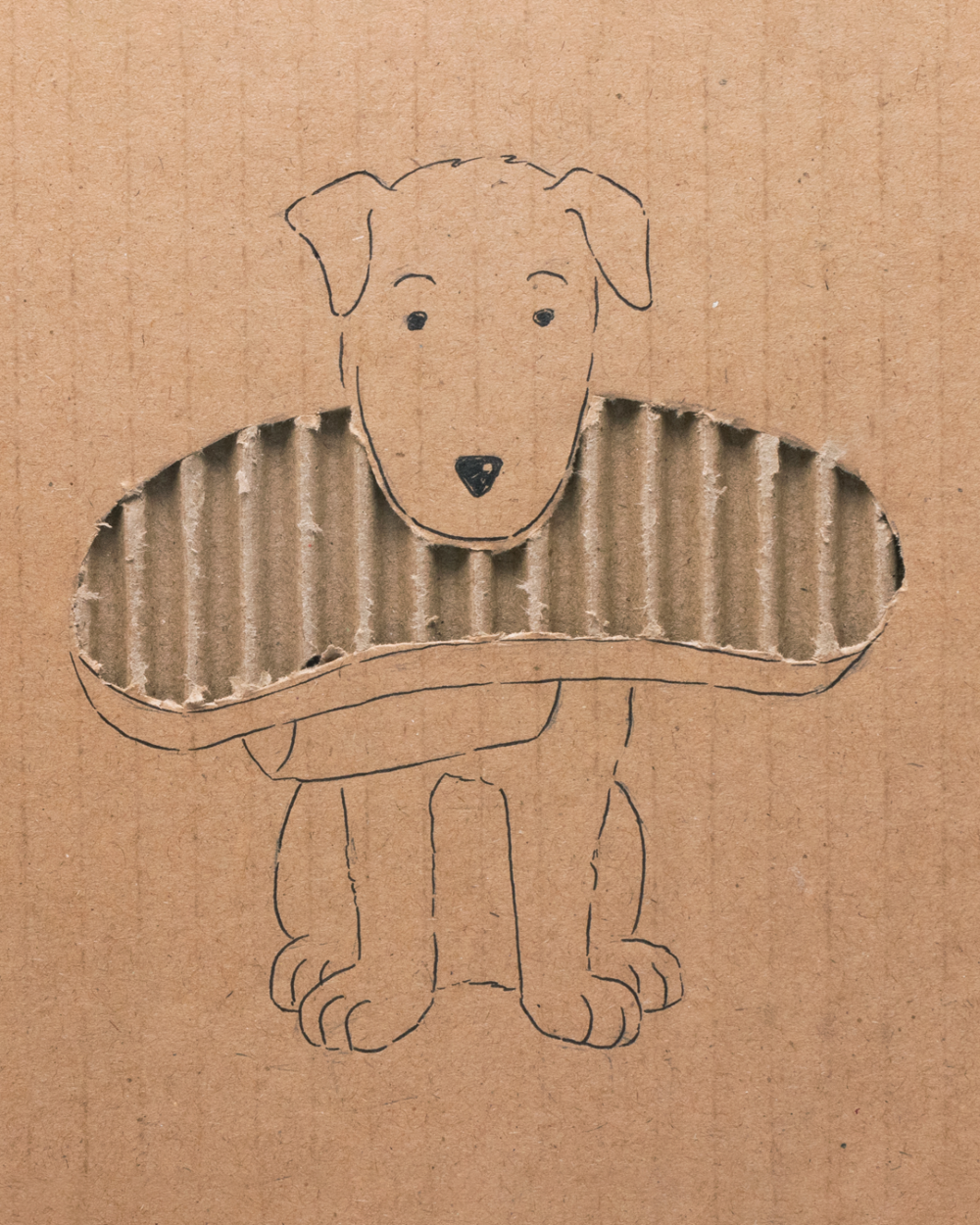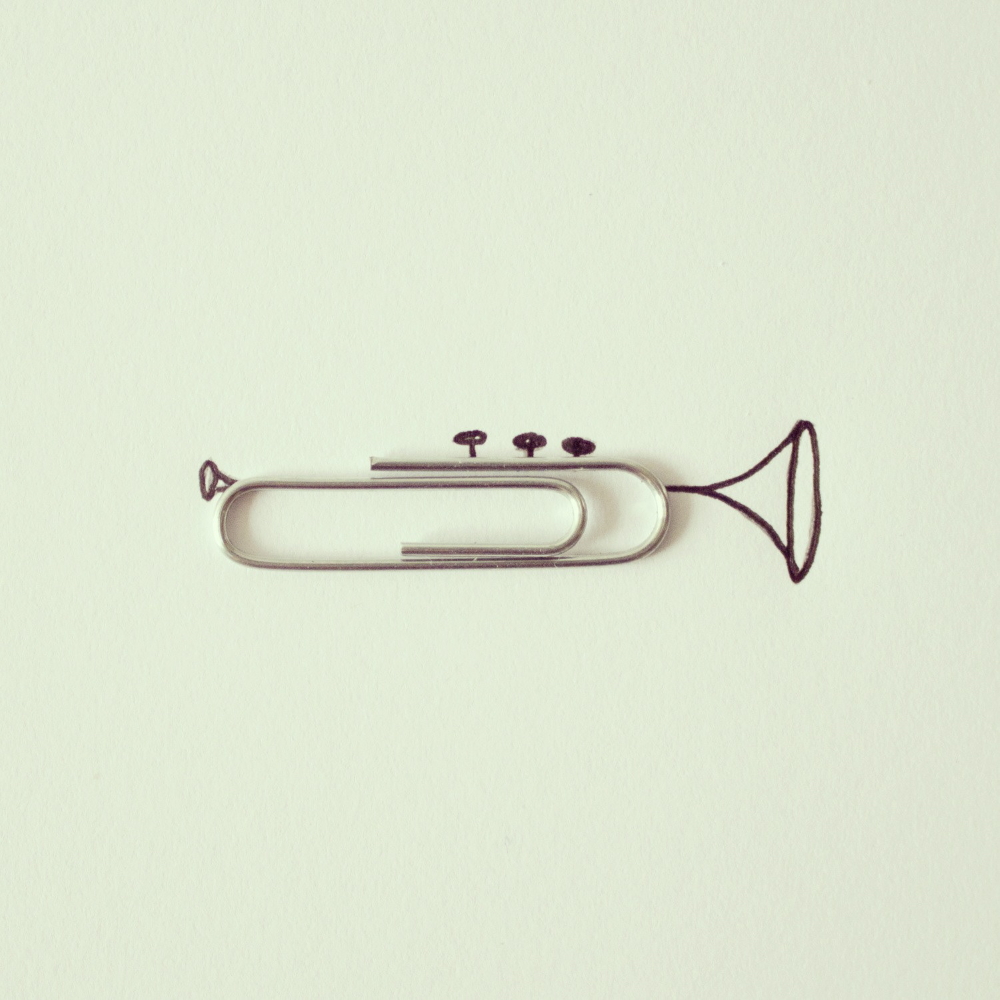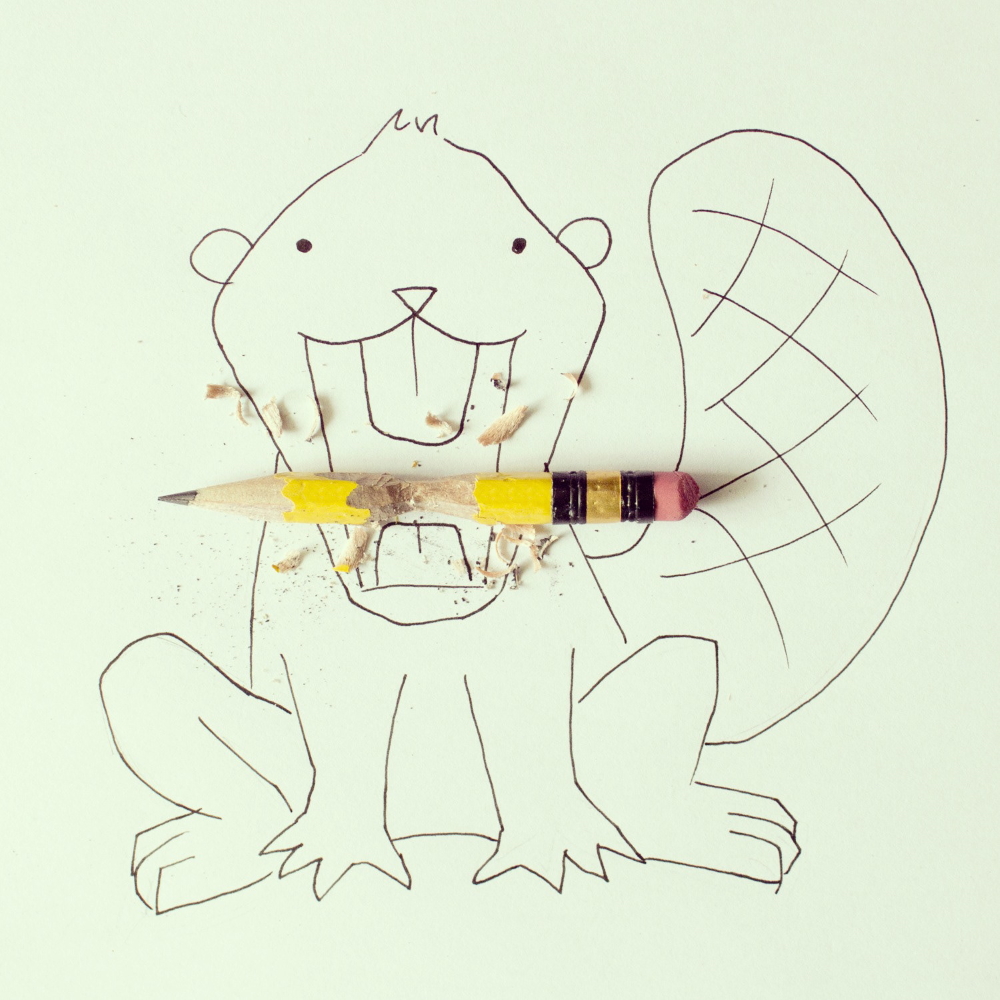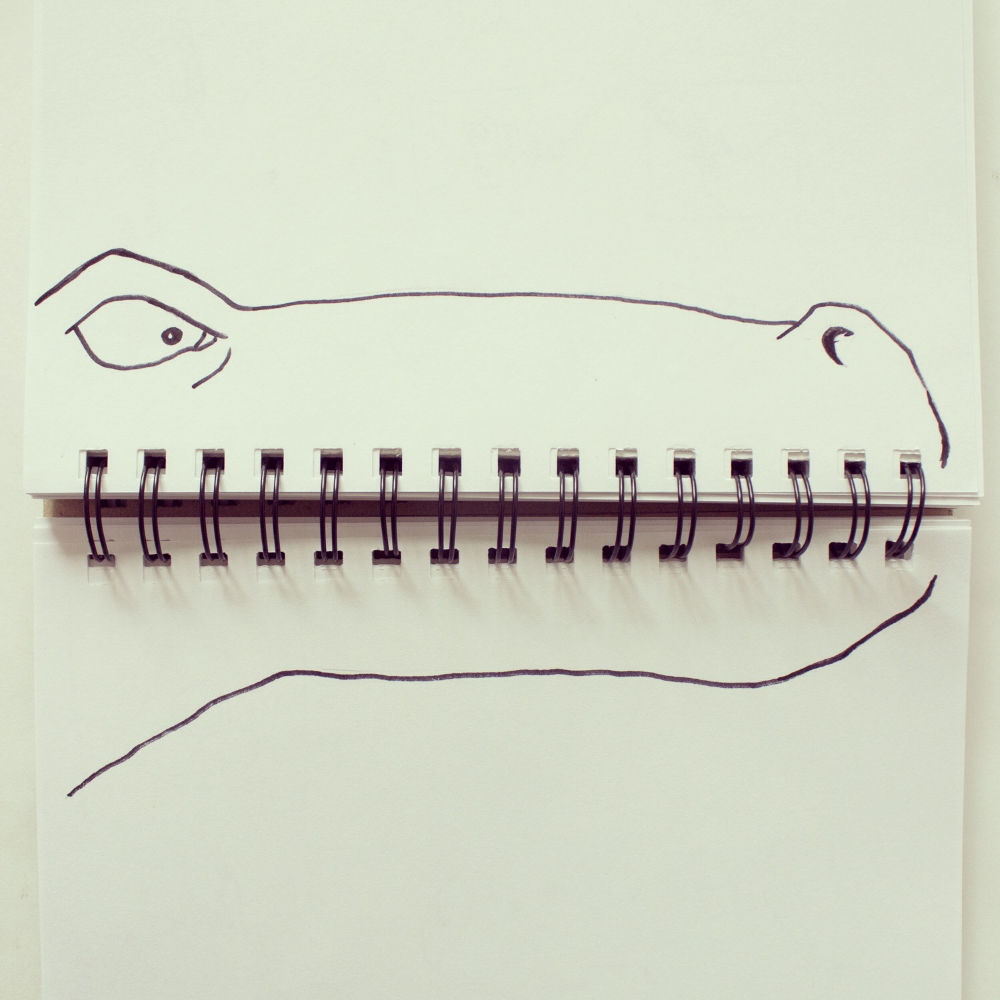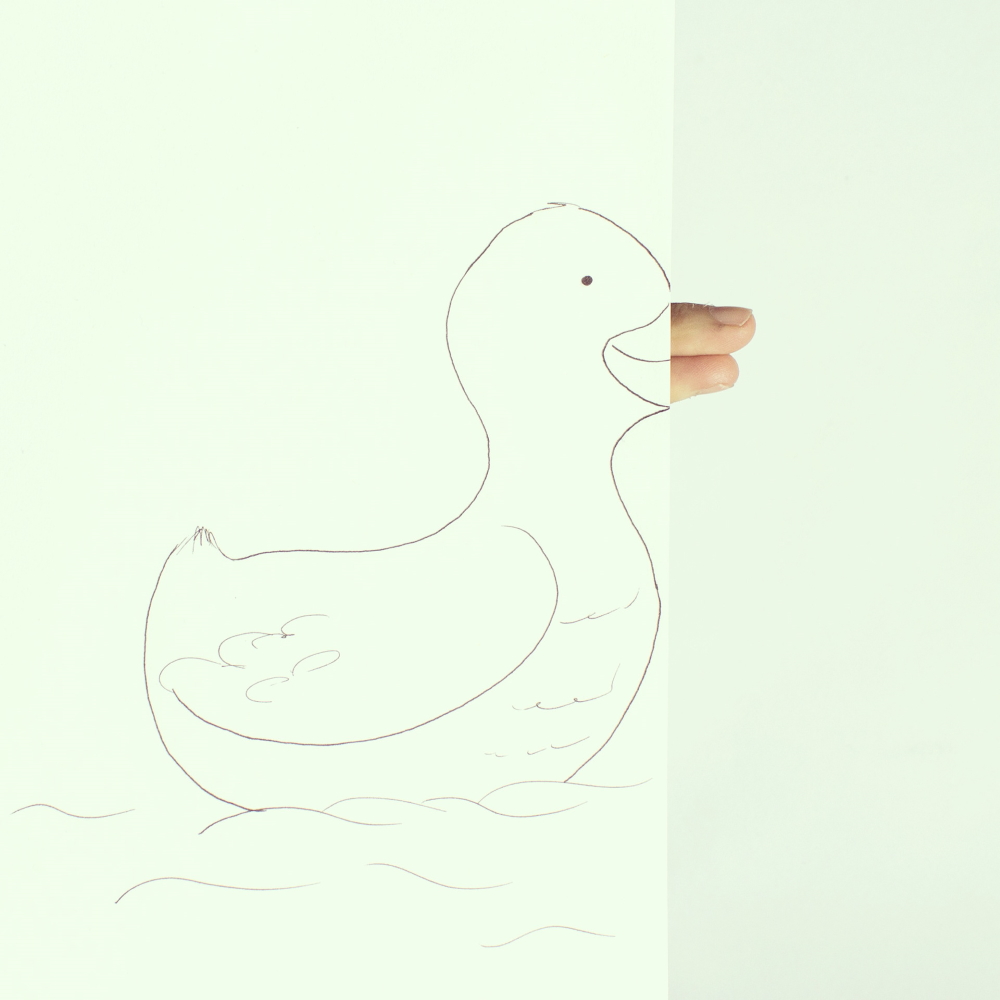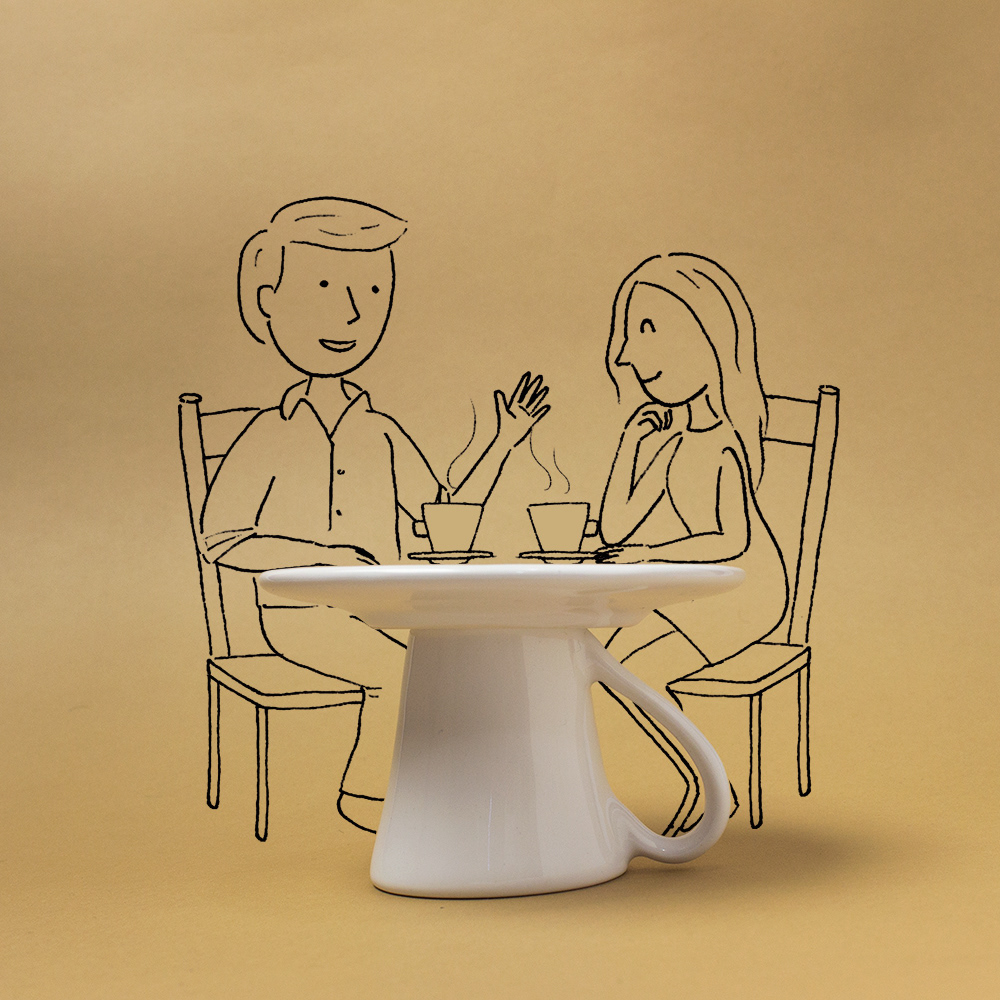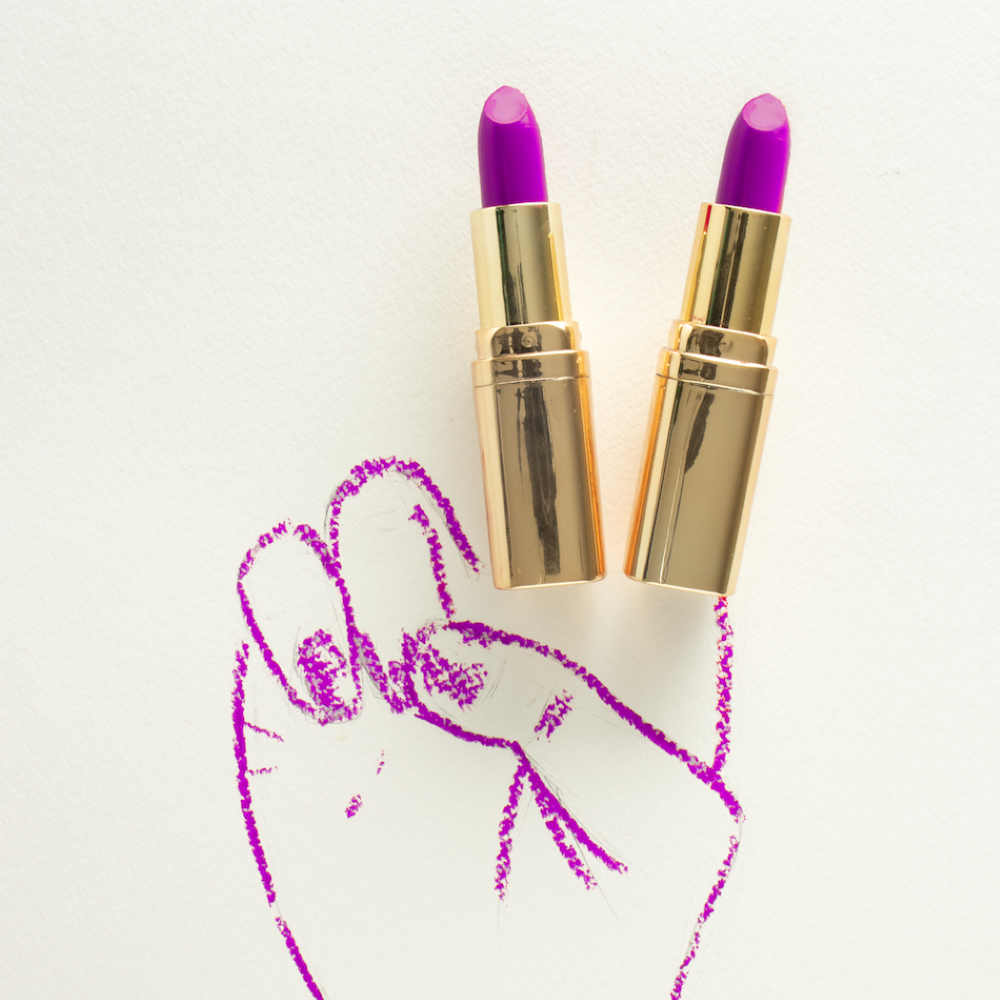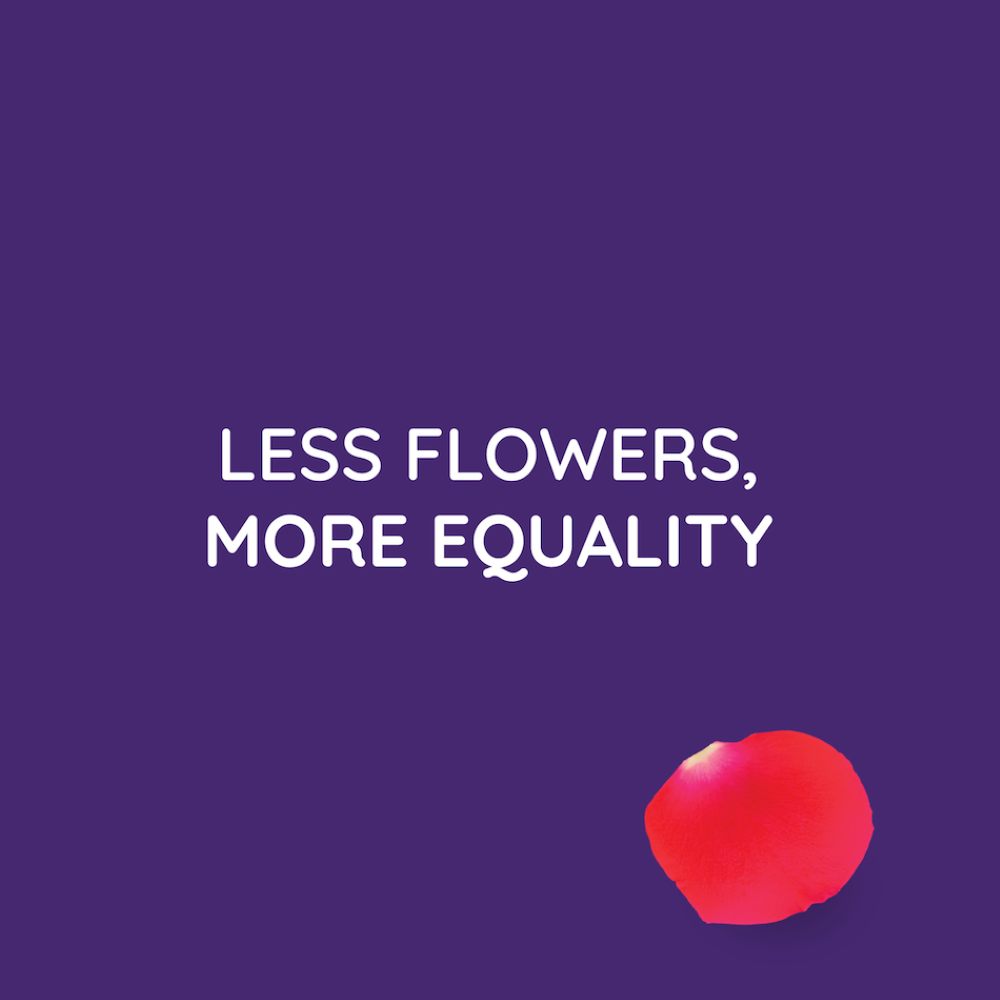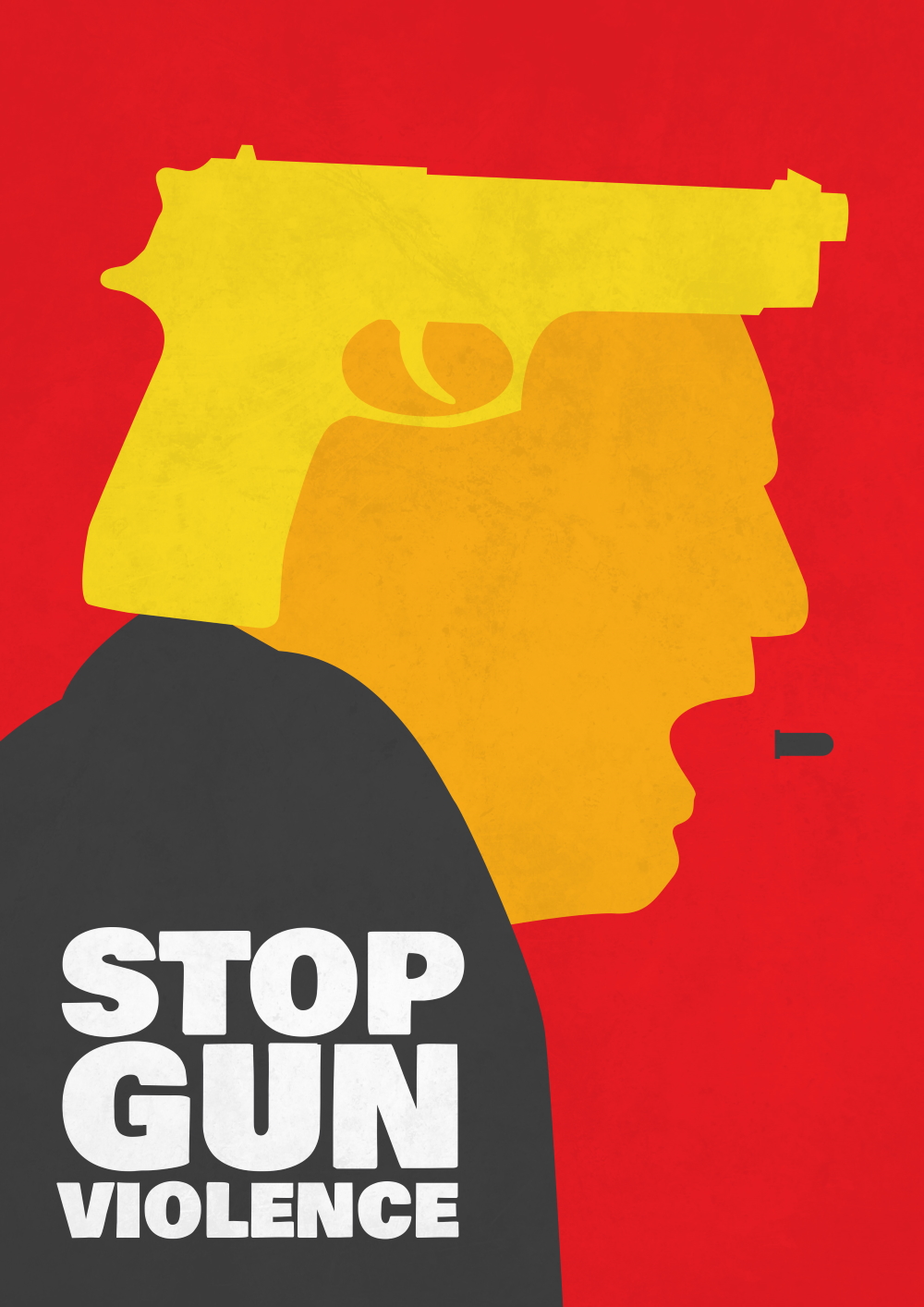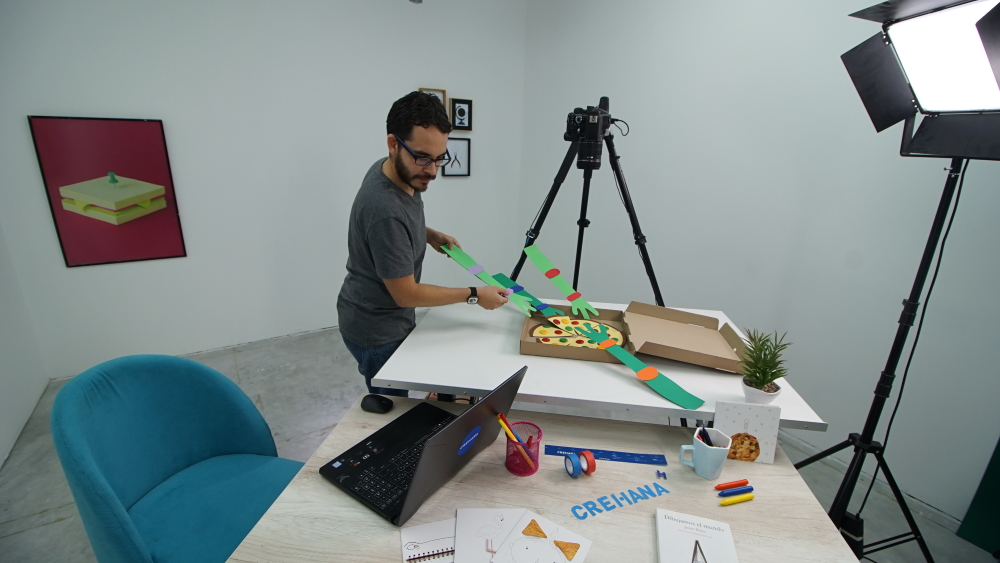Javier Pérez
audiovisual producer / doodles creator
Ecuador
„The little things (in life) are infinitely the most imporant!“ The quote of Sir Arthur Conan Doyle (author of „Sherlock Holmes“) definitely applies to this kind of witty, surprising and imaginative artwork. It brings a smile on people’s faces and enchants for a moment. In the focus are special so-called „doodles“ from an Ecuadorian creative. They transform daily objects in combination with simple as well clever drawings or short stop-motion movies into something completely new and different. „It’s a fun and creative way to look at an object, even seemingly mundane ones, and reimagine them as something else“ (twistedsifter.com).
Javier Pérez
audiovisual producer / doodles creator
Ecuador
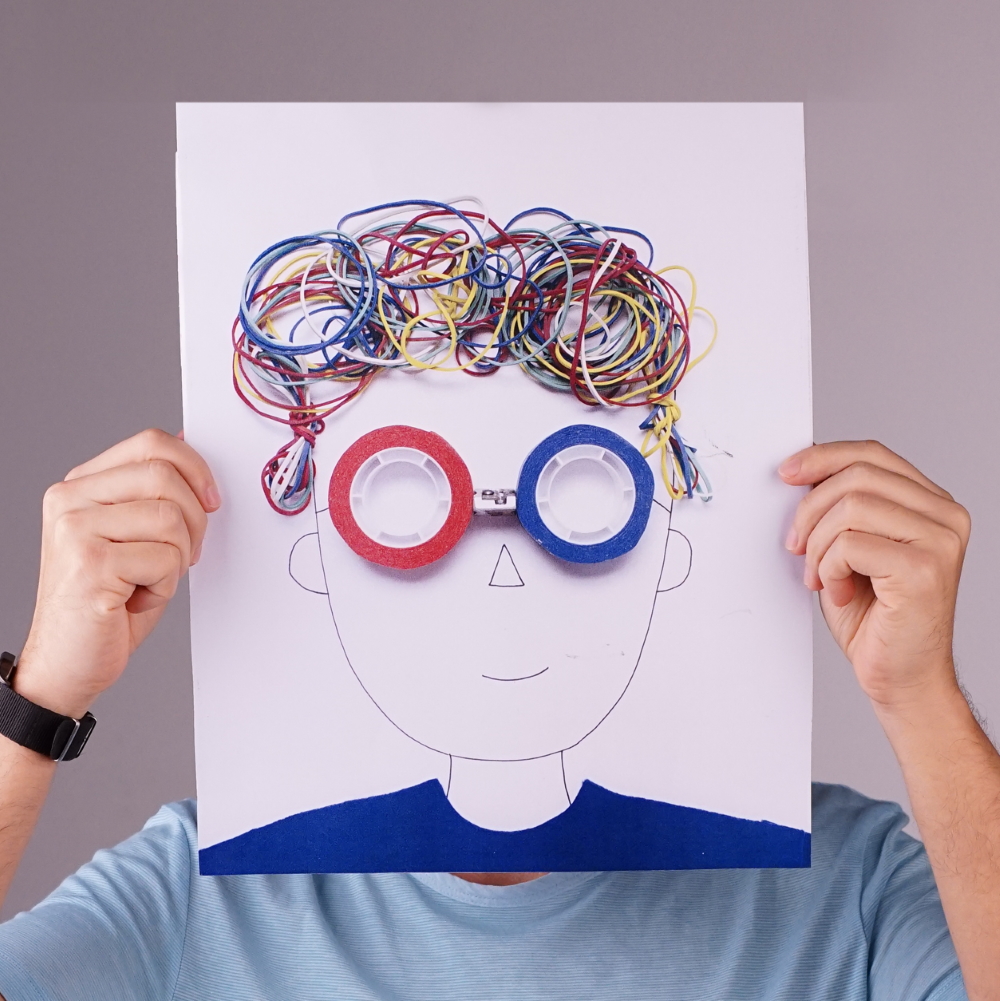
„I have a fascination with the intricacies of everyday life, and desire to capture and connect with them led to a number of creative endeavors“, writes Javier Pérez Estrella on his homepage. Being born in Guayaquil on June 11th, 1985 he stayed in Ecuador’s most important port city and studied Graphic Design and Audiovisual Production at the public university Escuela Superior Politécnica del Litoral (ESPOL). His project "Instagram Experiments" gained him international and local recognition. Nowadays Javier Pérez aka ‚cintascotch‘ works freelance and is partner in the digital agency Cafeína. Since 2011 he has won, year by year, several worldwide poster and illustration awards such as IMMA5 Motion 2022 (USA), Lux Awards (Ecuador), Pictoline Illustration Biennial 2020 (Mexico) and Latin American Design (LAD) Awards 2021.
Besides working for clients like 7UP, Cosmopolitan, National Geographic, UNESCO, Samsung or Volkswagen Javier Pérez still creates his doodles weekly. „My focus has always been on harnessing a childlike intensity and creativity within my artwork. I look at the world through a youthful lens, finding beauty and excitement in everyday objects often overlooked by the average adult.“ According to him he pulls inspiration from illustrator Marta Altés, as well as surrealists Salvador Dalí and Renee Magritte.
„The minimalist aesthetic of my work is a revolution against the oversaturated nature of today’s world“, accentuates señor Pérez. „My goal is to reunite viewers with my inner child enabling them to view the world, and common objects within it, in different ways.“ Because his creations (available as prints/postcards/planner/calendar on his cintascotch-homepage) use a more diverse range of subjects like his competitors do, it appeals to a rapidly growing audience worldwide. „One reason that his art is so appealing“, writes boredpanda.com, „is because it is accessible. As clever as it is, it requires no especially expensive materials or difficult skills to create. Anyone with a pen, a camera and some creativity can start creating similar works – all you need to do is to be able to think outside of the box and look at everyday objects from a new perspective.“ For Pérez who admits „I think, I don’t know how to paint“, such a recommendation is in tune with the advice on his Instagram account: „Create each day, regardless of your skills!“
Javier Pérez works and lives in Guayaquil/Ecuador.
Interview July 2022
Thinking out of the box: turning everyday objects into witty, imaginative, clever, childlike artworks
INTUITION/IMAGINATION
How does intuition present itself to you – in form of a suspicious impression, a spontaneous visualisation or whatever - maybe in dreams?
When I follow my intuition, ideas may or may not work. I think it is more valuable to be brave in doing them because they may be kept forever.
Will any ideas be written down immediately and archived?
I usually write down all my ideas in my notebook and in Notion, where I have them classified. This helps me to organize my ideas and set deadlines to do them.
Then I sort out the ones I can do right away and the ones that require more planning.
Are great ideas based on intuition and do they reveal themselves in a kind of clear as well complete version that just has to be realized? Or is it endless trials and errors (after the first spark) that result in constant developments up until the final result?
According to our intuition it may be a good idea, but you never know until it is created. On paper everything works and it's painful to waste time on something that doesn't work but it's part of the process. That's why I like to do sketches first to better visualize an idea.
What if there is a deadline, but no intuition? Does the first fuel the latter maybe?
I believe that a deadline does not feed you, but it does put pressure on you to create something relevant in a short time. Intuition can help you quickly pick an idea that might work.
INSPIRATION
What inspires you and how do you stimulate this special form of imaginativeness?
I am always inspired to communicate to people that you can create with simple things and without a budget. This has been my motto since I started in 2013 and I keep it alive through my projects.
How do you separate the good from the bad and which ideas are worthwhile to be explored further or whether one idea has the potential of being outstanding really?
For example, when I have an idea for a stop motion, I first make the sketch of the animation in After Effects or Photoshop, that way you can visualise much better if it works or not. That's why it's very important to prototype our ideas so we don't waste time unnecessarily.
Has it to appeal to you primarily or is its commercial potential an essential factor?
I never thought my work had commercial potential. I've been lucky that people like what I do, and I've been able to get amazing paid projects because of it.
Do you revisit old ideas or check what colleagues/competitors are up to at times?
I really like to watch and analyse what people related to my field are doing. It helps me a lot to listen to their interviews to learn more about their inspiration and way of working.
CREATIVITY
Which time/place/environment suits your creative work process the best (tranquillity or pressure) and which path do you take from theory/idea to creation?
I like the quietness of my studio to write down my ideas. When I go somewhere, I try to analyse what I see, even if it is something trivial and common. I think you can find stronger connections with people.
My best time and best day to generate ideas is Sunday night because I don't receive calls or messages.
What is better in the realization process: speed and force creativity i.e. grasp the magic of the moment, or a slow, ripening process for implementation/elaboration?
Creativity, like physical exercise, is something that is developed daily. I always write down ideas daily, even if they are bad or unrelated to my work. Sometimes I use my archived ideas for an advertising campaign or an illustration.
It is also important to keep the brain quiet from time to time to serve as an incubator for creative thoughts.
If problems occur during creativity or one’s stuck even, how can these be solved?
A creative block is very painful but unfortunately it is part of the process. You must learn to deal with it. Sometimes I have spent days with a block and despairing.
When it happens to me, I do some other activity like reading or walking around a shopping mall. I also like to look at art and illustrations to calm my anxiety.
When your work depends on creativity, it's important to know yourself so you can handle it properly.
How important are self-doubt and criticism (by others) during such a process i.e. is it better to be creative on your own, only trust your own instincts, or in a team?
I think that in general artists (I don't consider myself one) have this fear of showing their work and not having it accepted.
For example, when I work on a campaign for a client, in that case it's a team effort and you must know how to get the best out of each member.
When I work on my personal projects, sometimes I show them to my sister or my girlfriend and ask them what they think of my drawing or animation. Sometimes my message is not clear, and I must rethink it.
Should a creative always remain true to him-/herself including taking risks & going against the flow or must one, for reasons of (commercial) survival, make concessions to the demands of the market, the wishes of clients and the audience’s expectations?
It depends on the context. If it's a commercial job, it's probably wise to go with the flow to reach more people. And sometimes going against the grain can help you stand out from your competitors.
I think the important thing is to know how to adapt to new trends to achieve a better reach.
How is innovation still possible if one has established a distinctive style and, just in case, is it good to be ahead of one’s time even one hazards not being understood?
Having a style can be an advantage because people can identify you, or it can be a straitjacket, because if you do something else it may not be understood or liked.
But having a style can be the way to create more things around it, if you make an illustration, you can animate it for example.
Another solution is to create a side project, and nobody knows it's yours, so you don't have the pressure to stick to your style.
When does the time come to end the creative process, to be content and set the final result free - or is it work-in-progress with an endless possibility of improvement?
When I do an illustration and publish it, I always feel that I could have changed something about it. People don't know it but it's a thought that gets hammered into your head.
You must know when to let go of your insecurities and know that it's better to publish than to wait to improve.
In case of failure or - worse - a creativity crisis how do you get out of such a hole?
A creative crisis can last for days or even weeks. That's why it's important to take advantage of moments of enlightenment to write down as many ideas as possible so you can revisit them later to help inspire yourself.
SUCCESS
Should/can one resist the temptation to recycle a ‘formula’ one’s successful with?
It’s dangerous to repeat formulas because people get bored and feel that you are being lazy to create. What I do agree with is exploring around a formula because it can result in novel projects.
Is it desirable to create the ultimate/timeless work, but doesn’t “top of the ladder” bring up the question of “what’s next?” i.e. isn’t such a personal peak “the end”?
You may have made it to the “top of the ladder”, but it is more important to maintain that success, and you do so through projects that contribute to that.
And until another “top of the ladder” arrives, it's best to keep busy.
MY FAVORITE WORK:
The boy with grapes I think is my best-known work, it has given me so many opportunities to work that I couldn't be more grateful.
This illustration came to me when I opened the refrigerator at home and when I saw some grapes, I thought of balloons. I don't remember how I came up with the idea of a child flying.
